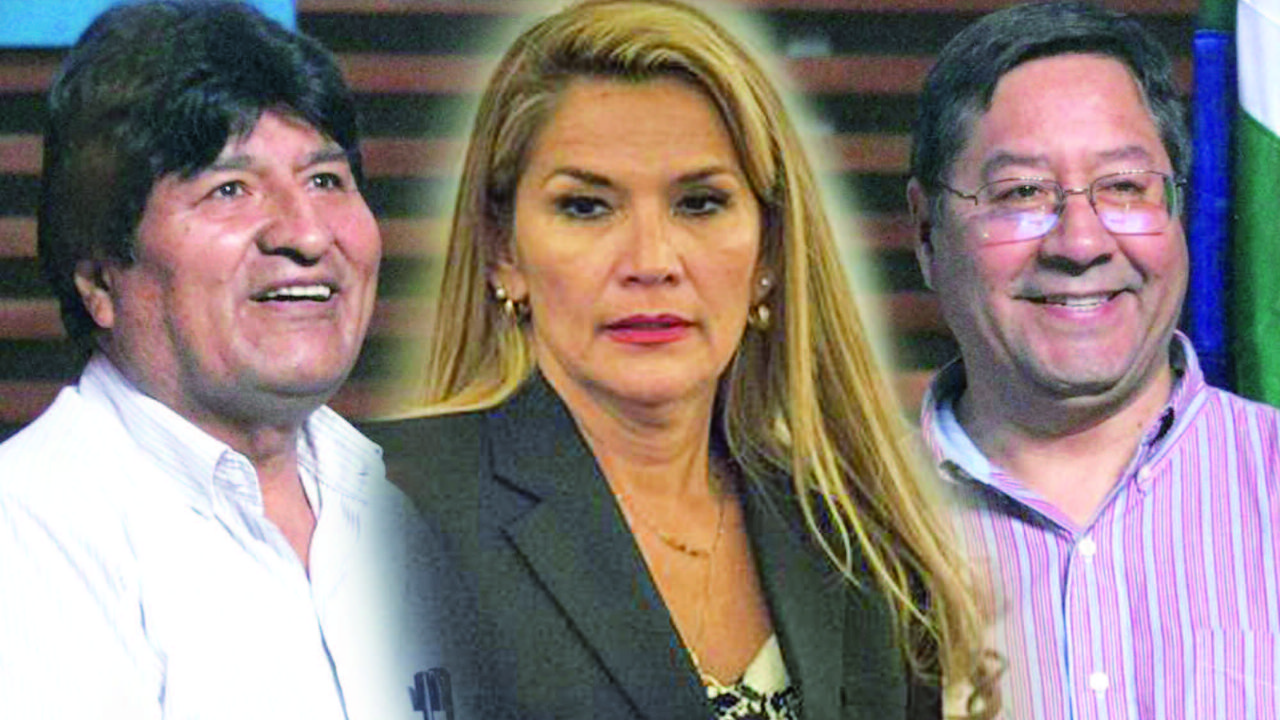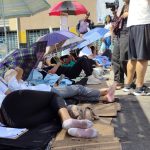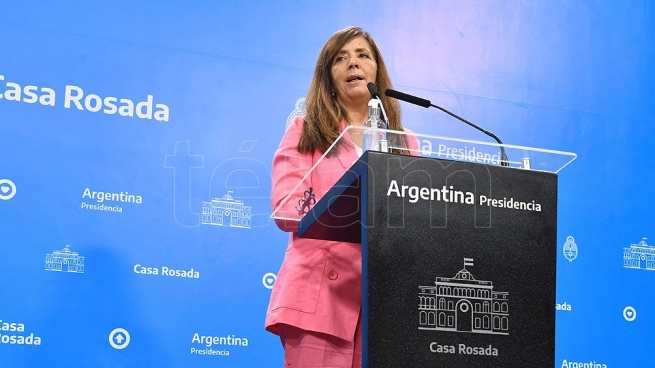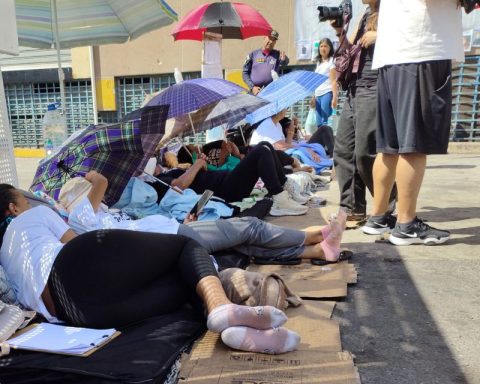Pablo Peralta M. / La Paz
Human Rights Watch (HRW), in its World Report 2022, argues that former President Evo Morales undermined judicial independence during his government. In the same way, it indicates that the government of Jeanine Añez promoted cases against opponents with unfounded charges and that the government of Luis Arce supports accusations, without the necessary evidence, against Añez.
In that document, HRW analyzes human rights conditions in almost 100 countries. The first thing he points out about Bolivia, in a chapter dedicated to the country, is that the national judicial system “has suffered the effects of political interference for years.”
In this context, he notes that former President Morales “undermined judicial independence during his almost 14 years in power.” During his government – the report reads – prosecutors filed charges against several of his adversaries that, apparently, were politically motivated.
He emphasizes that around 80% of judges and prosecutors are still “transitory”, which “increases the risk that they will make decisions to please the government of the day and thus be able to remain in office.”
Regarding the transitional government, the HRW report indicates that the Añez administration “pressured prosecutors and judges to act in a manner favorable to their interests,” leading to criminal investigations for sedition, terrorism or membership in a criminal organization against more than 150 people linked to the Morales government. “In many cases they seemed to be politically motivated,” says HRW.
The report recalls that after winning the October 2020 elections, Arce argued that the justice system should be independent of politics and that at the end of that year he established a commission of experts to propose reforms.
“However, in February 2021, President Arce decreed an amnesty that allowed impunity for serious crimes and appeared to have been designed to favor his supporters,” says HRW.
In addition to this, in March 2021 the authorities arrested Añez and two of his former ministers for terrorism and other charges, in relation to their alleged participation in “a coup” against Morales in November 2019. “Human Rights Watch reviewed the accusation documents and the accusatory proposal and found no evidence that Añez had committed acts of terrorism or genocide, ”reads the 2022 World Report.
The report also shows that in August 2021 the Interdisciplinary Group of Independent Experts (GIEI) published a report in which it revealed the lack of independence of the judicial system. “In response, the Arce government revoked the February 2021 amnesty decree. In October, his government signed an agreement with UN agencies to reform the justice system, which includes receiving recommendations from national and international experts,” it was reported. added in HRW report.
The report of that entity places Bolivia along with Argentina, Peru and Guatemala, where “various efforts aimed at weakening judicial independence or using the justice system for political purposes” were detected, which threatens the democratic system.
The report notes that Bolivia has only tried a few of the officials responsible for human rights violations committed during authoritarian governments between 1964 and 1982, “in part because the Armed Forces have refused to share information on some occasions.”
HRW also refers to the issue of freedom of expression and access to information. It points out that the GIEI report documented dozens of physical attacks against journalists by police officers, soldiers, and protesters during protests related to the 2019 elections. “The report concluded that the authorities had not conducted adequate investigations into these attacks,” it adds.
According to the document, the National Press Association reported cases of violence against journalists by police officers or protesters in 2021.
HRW states that although the Constitution recognizes the right of access to information, Bolivia does not have a law to implement that right. “The government reported that it was working on a bill on access to information, but as of November 3, 2021, it had not presented it,” he concludes.
80%
IS THE PERCENTAGE
of judges and prosecutors
that are still “transitory”,
according to the HRW report.
















